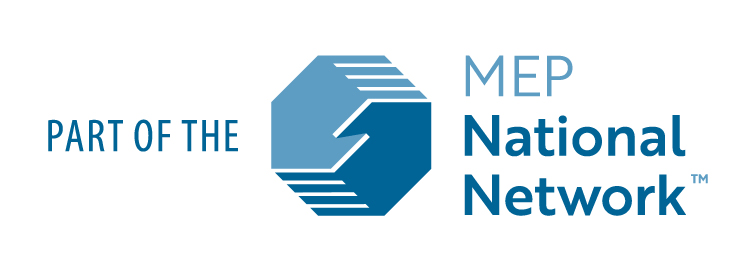Paragon Medical is a tier 1, turnkey supplier of world-class solutions for custom and standard surgical instrument delivery systems, custom and standard surgical instruments, implantable components, and design and development services to the medical device marketplace. Incorporated in 1991 and headquartered in the orthopaedic capital of the world, Paragon has created strategic centers of excellence within the United States, Europe and Asia. Dynamic acquisitions have brought some of the industry's most talented craftsmen to their team while regional centers of manufacturing excellence have made Paragon more versatile, allowing them to adapt a wide range of services to support the strategic needs of the customer with innovative solutions. Offices and production facilities are located in Pierceton, Indiana; Indianapolis, Indiana; Smithfield, Utah; Lausanne, Switzerland, Changzhou, China, and Siechnice, Poland. More information about the company may be found at www.paragonmedical.com.
Situation:
Paragon Medical’s Case & Tray division, like many firms, is faced with the constant demand to reduce lead time while lowering cost and maintaining quality. Ad-hoc projects and localized kaizen events were not achieving the continuous improvement demanded so Paragon reached out to Purdue for assistance to help implement a system to meet their customer’s expectations.
Solution:
Purdue’s IN-Mac program was used, which included the help of personnel from Purdue, to show how Simio Simulation modeling could be helpful in finding better processing paths and layouts to the shop floor plan. This focused primarily on identifying bottlenecks, rationalizing head count and reviewing the overall product flow. In turn, the model could quickly be adjusted to test various proposed solutions for process change improvements so that the team could have confidence and identify potential risks prior to full implementation.
Joanna Cho from Purdue was assigned to assist with the beginning implementation of Simio by creating a layout and process flow model of Paragon Medicals Case and Tray division. She presented the Simio model with a nicely created power point presentation that showed the through put and bottle necks along with changes that could be made to be more productive while phasing a few of the bottle necks out.
Results:
The results achieved from this collaboration were as follows:
- Three (3) bottlenecked areas were identified and observed closer to try to define how to eliminate them.
- Two (2) process flows have been changed for better production going out the door.
- The investigation helped Paragon to be able to see the benefits of combining a few areas together to be more effective in how the product is manufactured; currently realizing a 5% increase in efficiency and upon final integration that number is anticipated to be greater than a 15% gain.
- Paragon purchased the Simio simulation software to retain and redeploy the benefits that this project has shown to be possible.
“This partnership with Purdue was much more than an academic exercise. The team engaged in a way that showed their desire to challenge and help Paragon improve our business and operational practices, as is evident in the results realized.”
- Sean Miller, Director of Operations – Case & Tray, Paragon Medical


